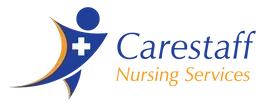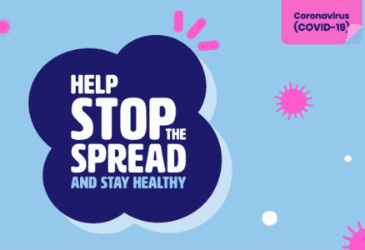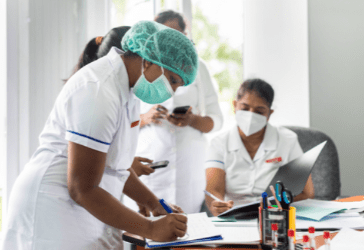Coronavirus Resources
What is Coronavirus?
Coronavirus (COVID-19) is a respiratory illness caused by a new virus. Symptoms range from a mild cough to pneumonia. Some people recover easily, others may get very sick very quickly. There is evidence that it spreads from person to person. Good hygiene can prevent infection.
Find out more about Coronavirus Health Alerts- https://www.health.gov.au/news/health-alerts/novel-coronavirus-2019-ncov-health-alert
Symptoms
Symptoms can range from mild illness to pneumonia. Some people will recover easily, and others may get very sick very quickly. People with coronavirus may experience:
- fever
- flu-like symptoms such as coughing, sore throat and fatigue
- shortness of breath
If you have serious symptoms such as difficulty breathing, call 000 for urgent medical help.
When to contact Carestaff
- If you have come in contact with a person who is a confirmed positive with COVID-19.
- If you have come in contact with a person who is a suspected case with COVID-19.
- If you are experiencing any of the symptoms outlined.
Participation and understanding of Personal Protective Equipment (PPE) training
- You must have undertaken PPE training to meet best practice and state-based requirements
- You will comply with the PPE required at the facility in accordance with the public health direction of the relevant state; required PPE have been supplied to the regulatory officials.
PPE Requirements
Appropriate PPE should be worn in accordance with Queensland Health’s Residential Aged Care Facility and Disability Accommodation as well as . For more information visit
Putting on and taking off PPE
Click below to find more information and resources on how to correctly put on and take off PPE
The importance of scheduled vaccines and catch-up programs
(Via: https://apna.asn.au/education/nursing-australia-podcast/ep4#s2)
In this segment, you will learn why scheduled vaccinations and catch-up programs are so important, especially in the aftermath of a global pandemic.
When to get tested
If you develop symptoms within 14 days of last contact with a confirmed case or of returning to Australia, you should seek medical attention. Your doctor will tell you if you need to get tested.
How to isolate yourself
Do not go to public places, such as work, school, shopping centres, childcare or university. If possible, ask other people to get food and other necessities for you and leave them at your front door.
Only people who usually live with you should be in your home. Do not let in visitors.
You do not need to wear a mask in your home.
If you need to leave home to seek medical attention, wear a surgical mask (if you have one) to protect others.
How to protect yourself and others
Everyone must practise good hygiene to protect against infection and prevent the virus spreading.
- Infection Prevention
- Social Distancing
If you have a confirmed case, you need to isolate yourself to prevent it spreading to other people.
To help protect people most at risk follow the Department of Health provide advice on public gatherings and visits to vulnerable groups -https://www.health.gov.au/news/health-alerts/novel-coronavirus-2019-ncov-health-alert/coronavirus-covid-19-advice-for-public-gatherings-and-visits-to-vulnerable-groups
How it spreads
There is evidence that the virus spreads from person-to-person.
The virus is most likely spread through:
- close contact with an infectious person
- contact with droplets from an infected person’s cough or sneeze
- touching objects or surfaces (like doorknobs or tables) that have cough or sneeze droplets from an infected person, and then touching your mouth or face
Who is at risk
In Australia, the people most at risk of getting the virus are those who have:
- recently been in mainland China and Iran
- been in close contact with someone who is a confirmed case of coronavirus
- Health authorities have confirmed cases of coronavirus in Australia. For the latest number, read WHO Coronavirus health alert -
If you're concerned
Call the Coronavirus Health Information Line for advice. If you require translating or interpreting services, call 131 450.
Coronavirus Health Information Line
Call this line if you are seeking information on coronavirus (COVID-19). The line operates 24 hours a day, seven days a week.
1800 020 080
Additional advice
Travellers
The below advice for travellers provides information on airport and in-flight biosecurity measures, travel restrictions and other arrangements that apply.
NSW Health's Full Advice for Residential Care Facilities
For information about advice for Aged Care facilities in NSW visit:
https://www.health.nsw.gov.au/Infectious/covid-19/Documents/covid-19-racfs-advice.pdf
Border Restrictions
For information about border restrictions between Queensland and New South Wales visit:
Further Resources
Click below to find a collection of videos, fact sheets and other resources related to COVID19 from the Australian Government:
https://www.health.gov.au/resources/collections/coronavirus-covid-19-campaign-resources





